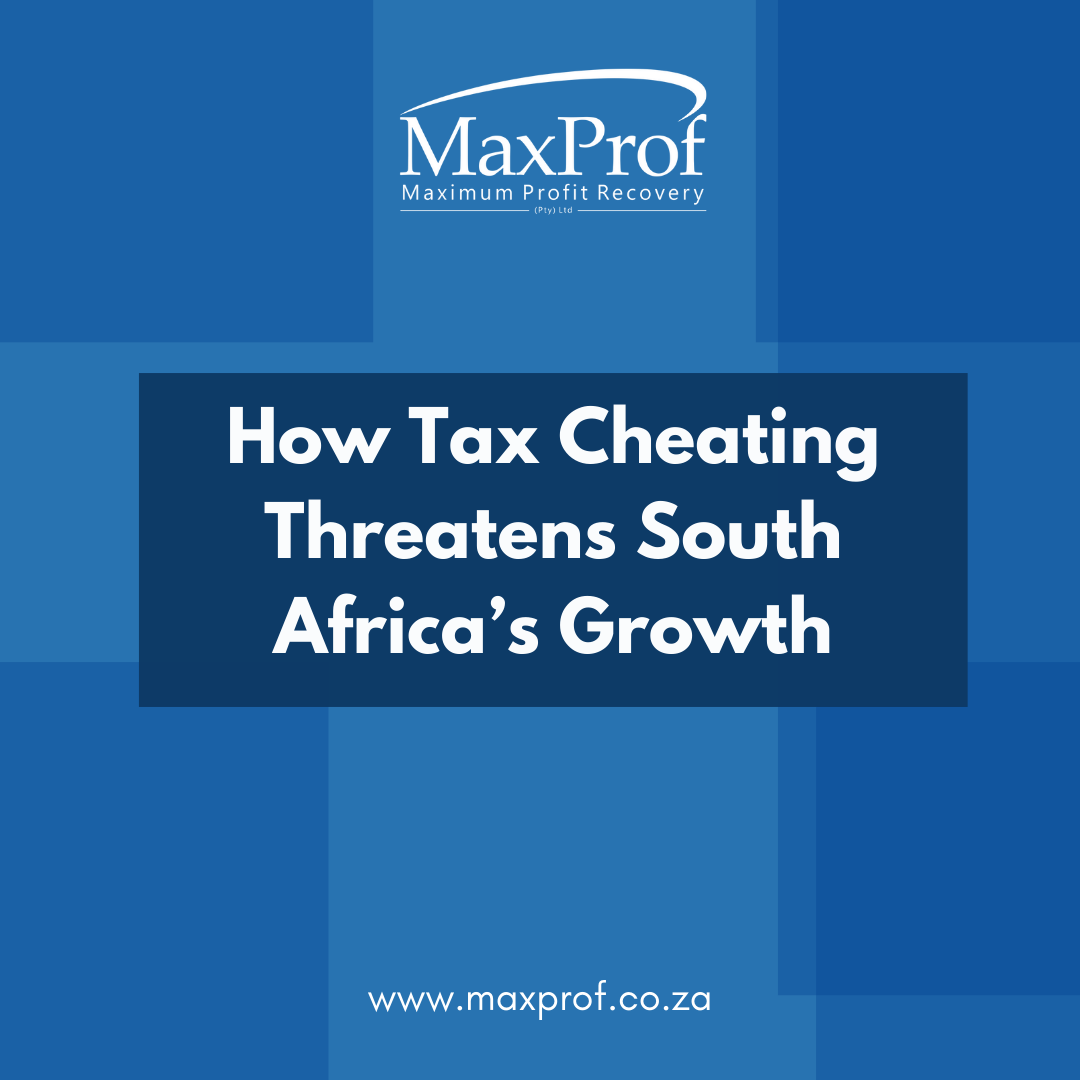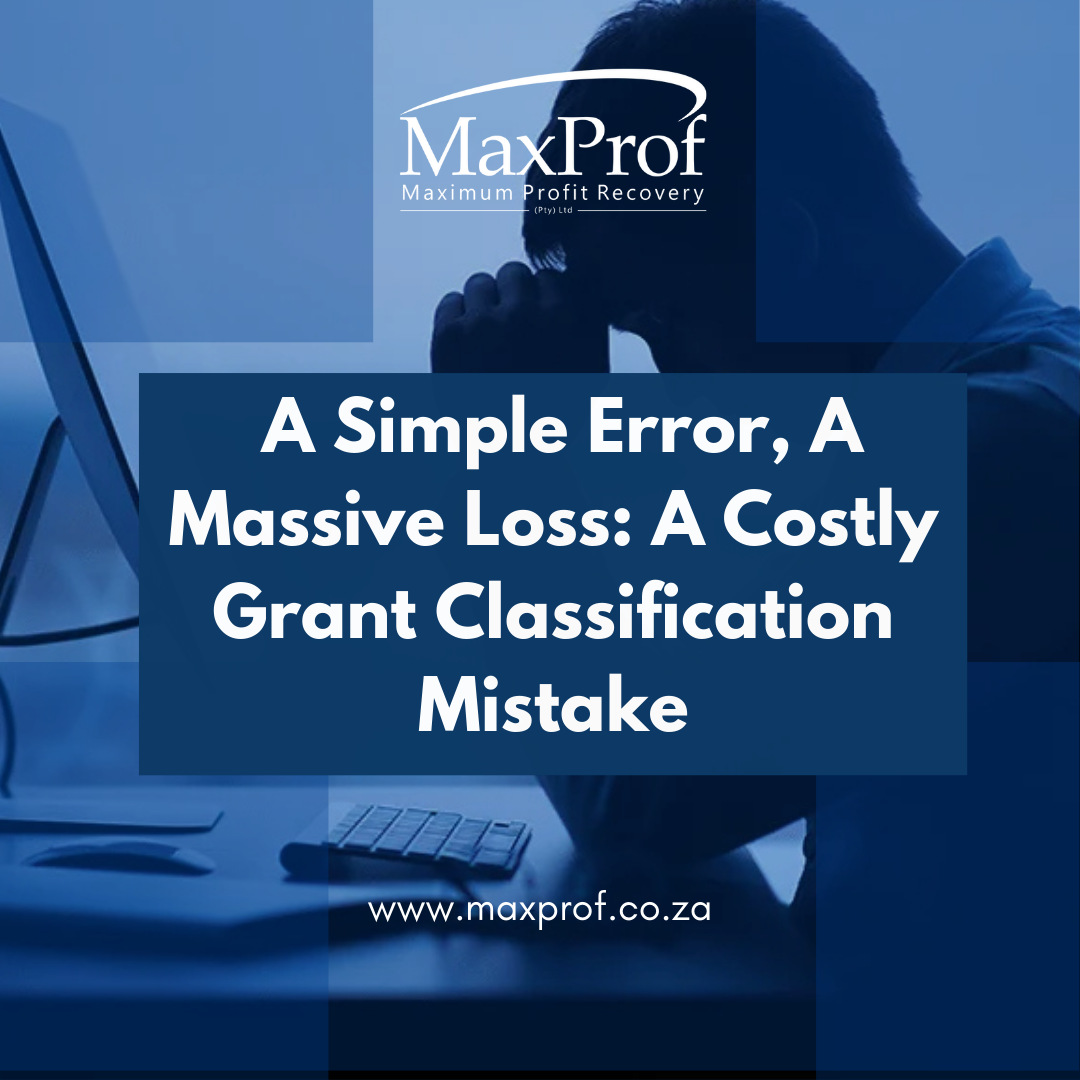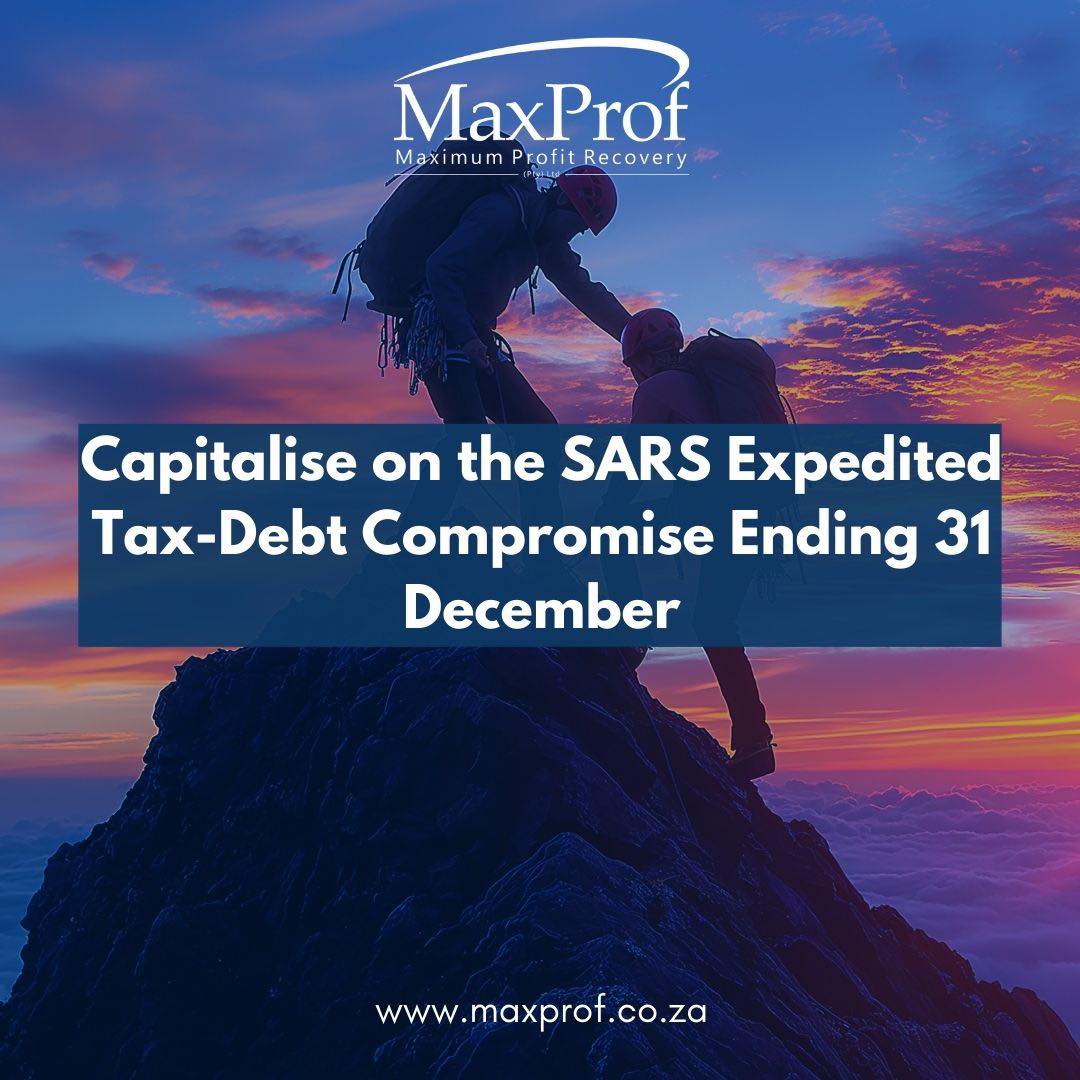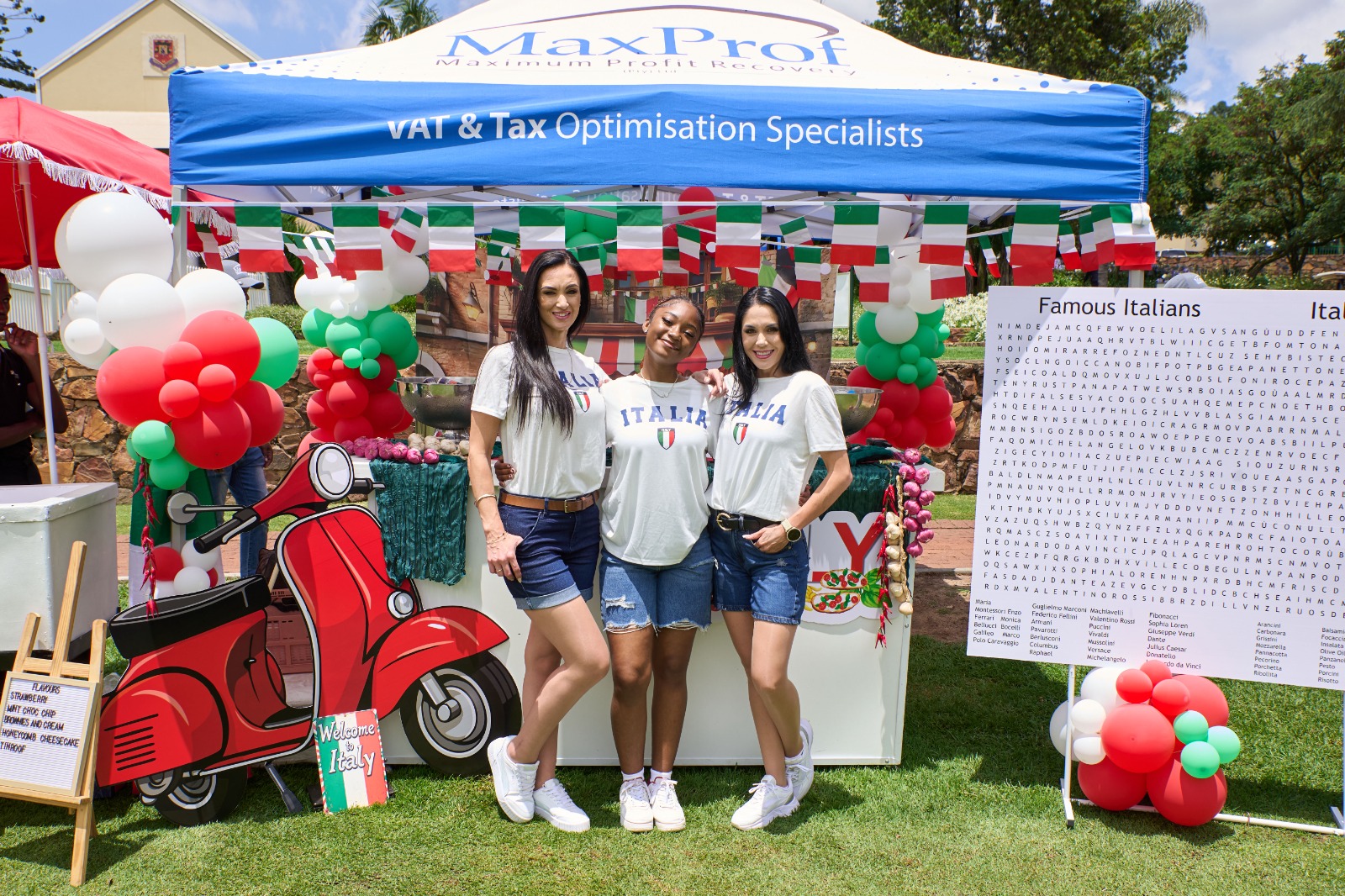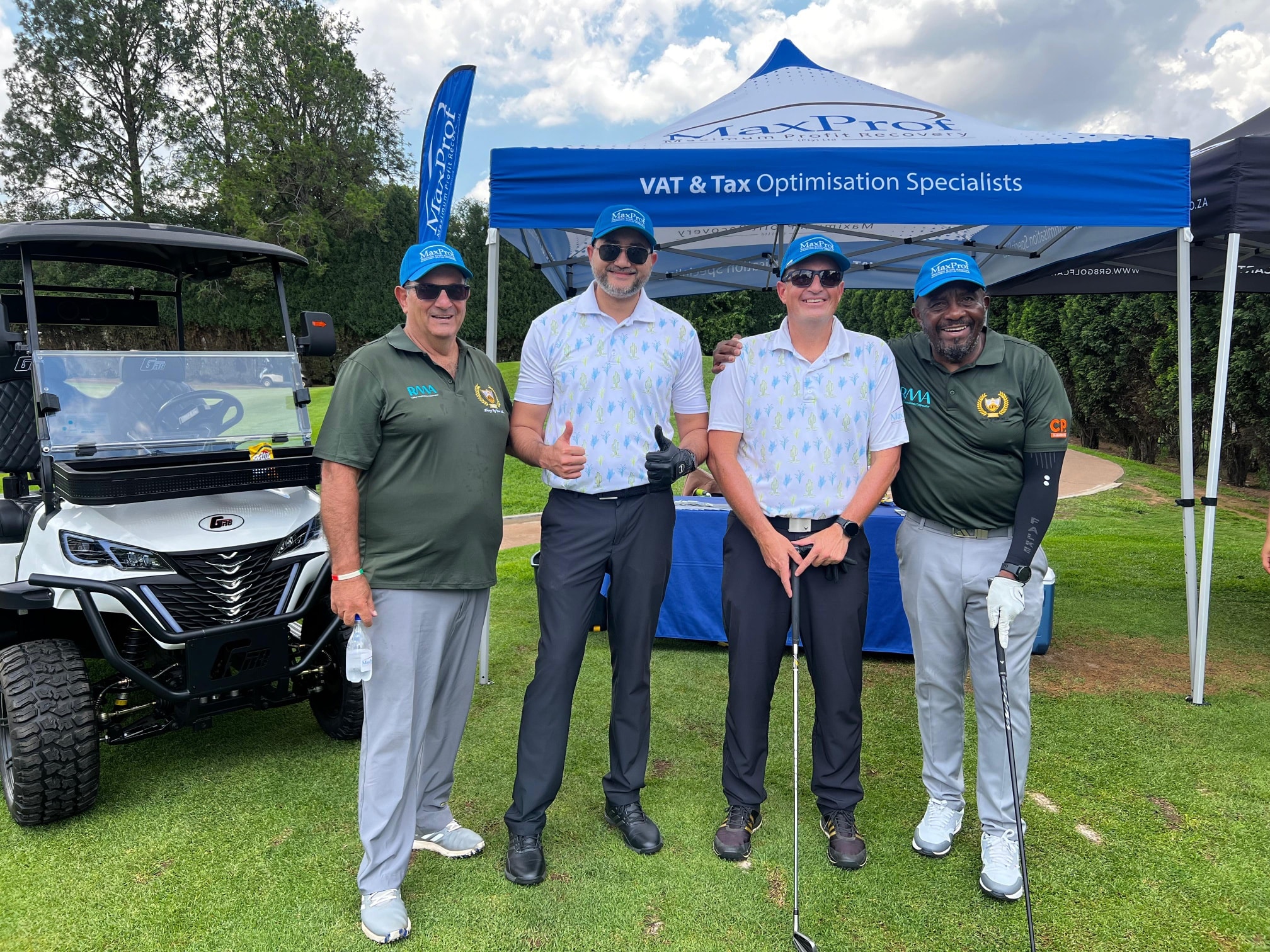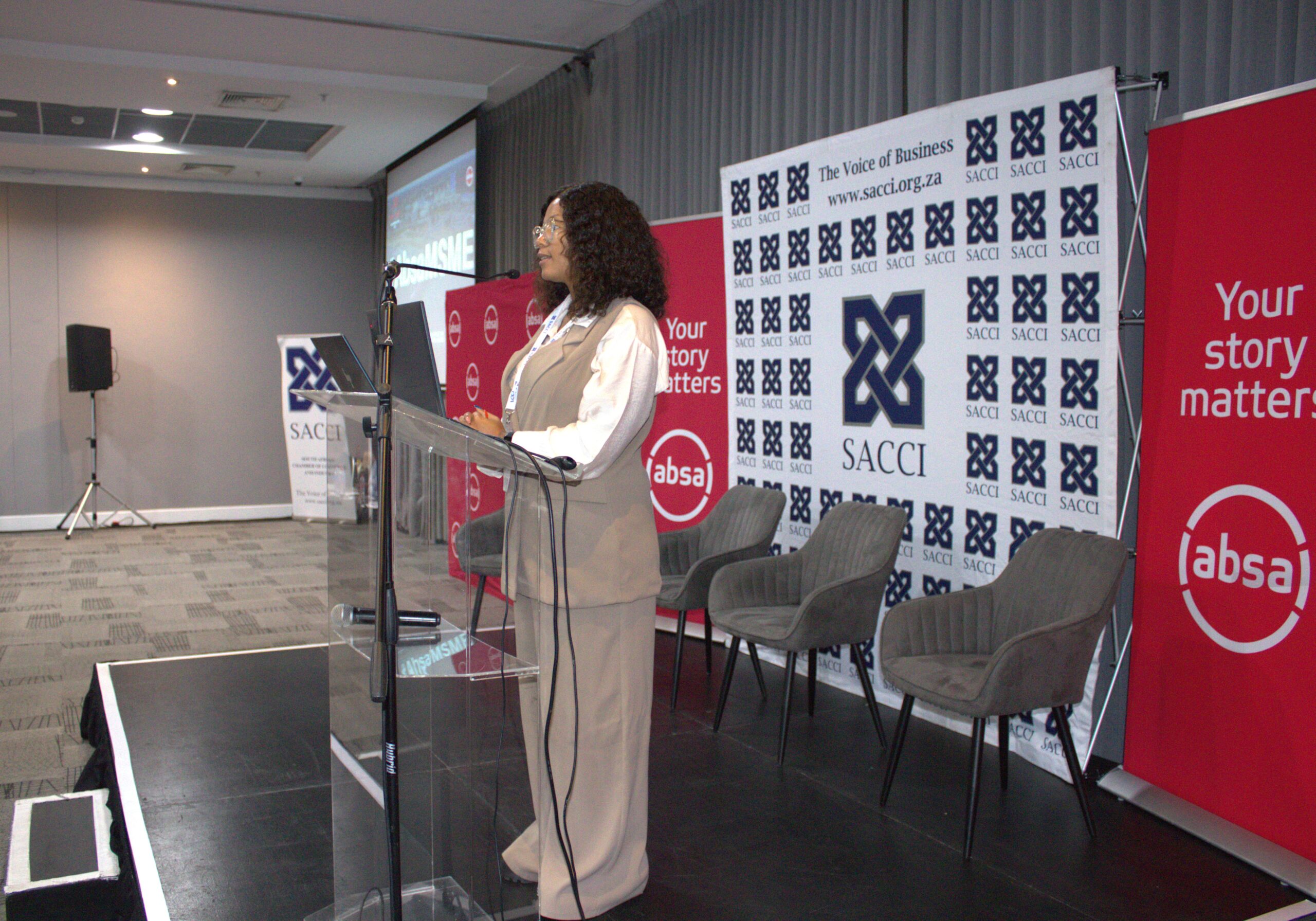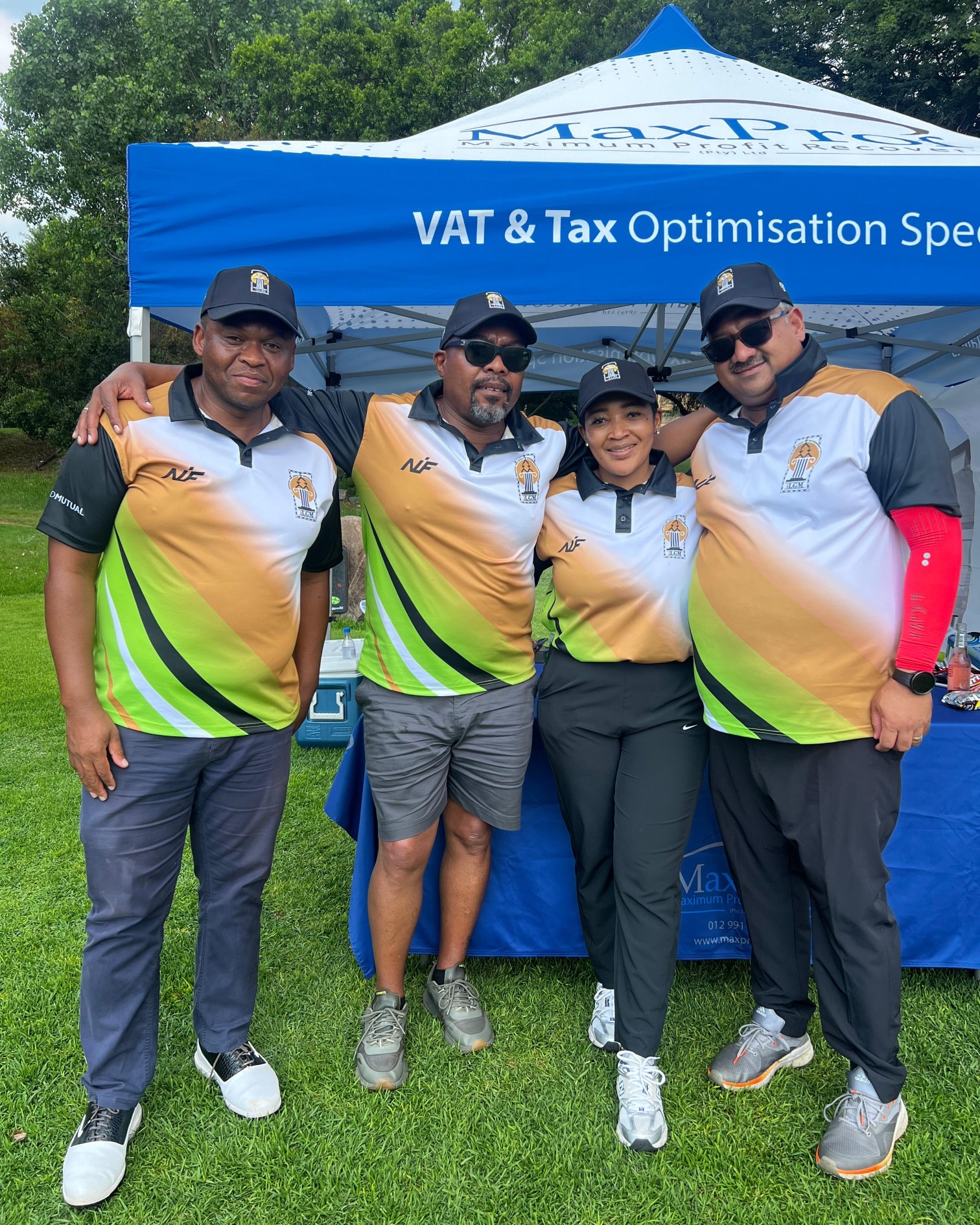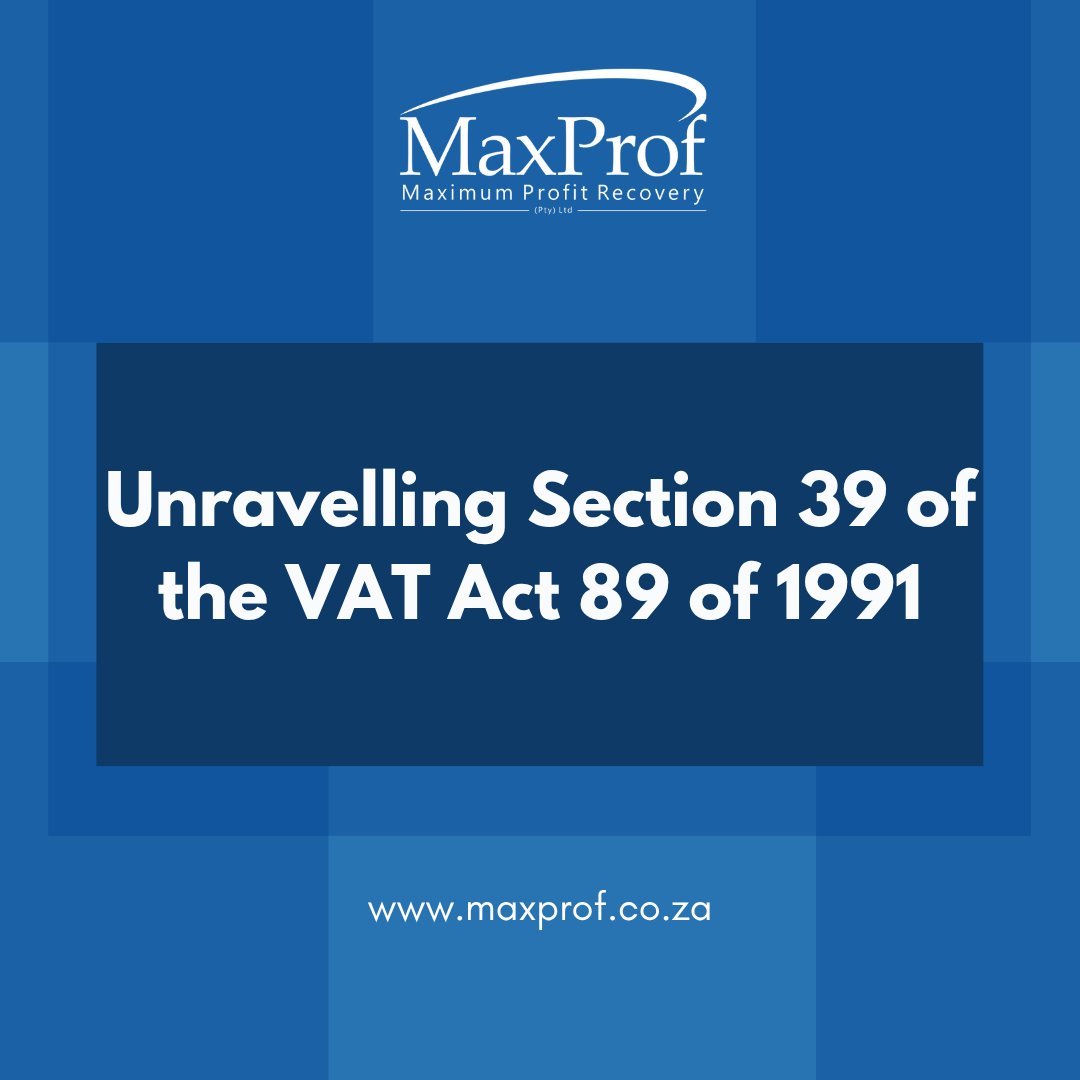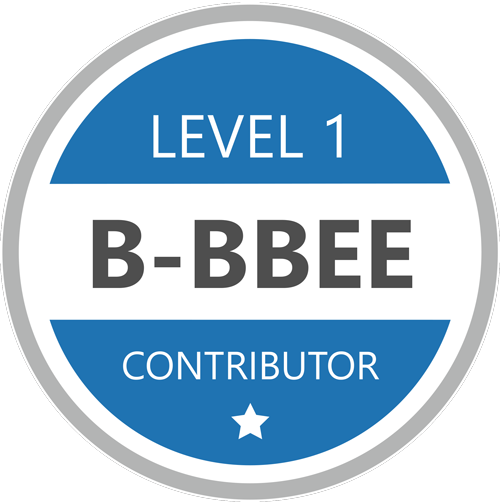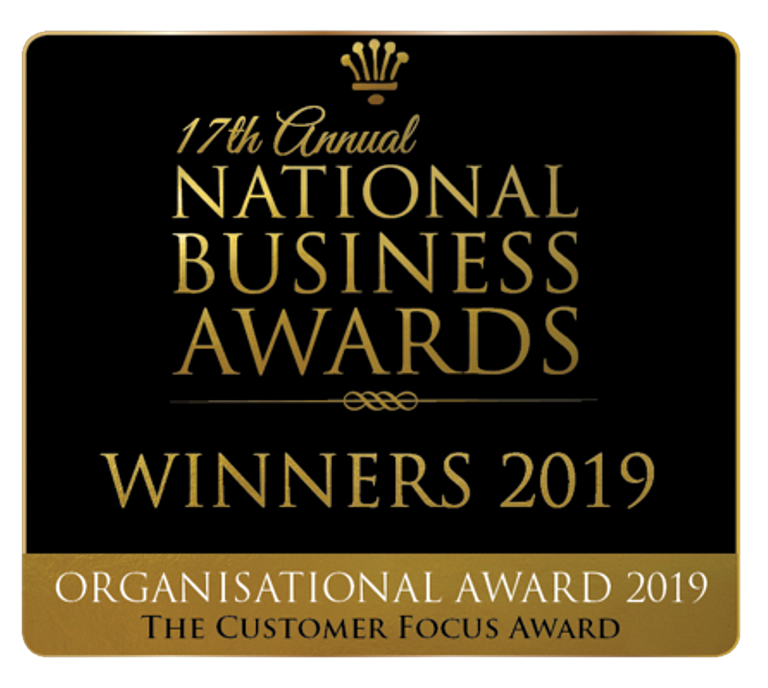Introduction
Managing VAT efficiently is crucial for manufacturers in South Africa. VAT compliance, refund opportunities, and tax planning can optimise cash flow and minimise liabilities. This guide outlines key VAT strategies for manufacturing businesses.
VAT Compliance for Manufacturers
VAT Registration and Obligations
Manufacturers must register for VAT if their annual taxable turnover exceeds R1 million. Voluntary registration is allowed for businesses exceeding R50,000 in taxable turnover. Once registered, businesses must:
- Charge 15% VAT on Taxable Supplies—To ensure compliance with SARS regulations, all taxable goods and services must include VAT in the final price. Incorrect VAT applications can result in penalties and interest charges.
- Submit VAT Returns (VAT201) on SARS eFiling—VAT returns must be filed bi-monthly unless the company’s taxable turnover exceeds R30 million, in which case they must be submitted monthly. Late submissions lead to fines and cash flow issues.
- Maintain Tax Invoices and Records for Five Years – SARS requires businesses to retain invoices, receipts, and financial statements to support VAT claims and withstand audits.
Common VAT Challenges and Solutions
VAT Filing and Errors
- Missing or Incorrect Export Documentation – Zero-rated exports require complete documentation, including shipping confirmations and customs clearance. Missing paperwork can delay or disqualify VAT refunds.
- Invoice Errors – Invoices must contain all mandatory details, including VAT numbers, invoice numbers, and correct VAT amounts. Mistakes lead to rejected VAT claims and penalties.
- Discrepancies in VAT Returns – Differences between VAT declarations and actual financial records can trigger SARS audits, penalties, and refund delays.
Maximising VAT Refunds
VAT refunds arise when input VAT (paid on purchases) exceeds output VAT (collected on sales). Manufacturers often qualify for refunds due to:
- Zero-Rated Exports – Sales outside South Africa attract VAT at 0%, but businesses can still claim input VAT on production costs.
- Capital Investments – VAT on manufacturing machinery or equipment can be reclaimed, significantly reducing VAT payable.
- High Input VAT from Operational Costs – Manufacturers have substantial operating expenditures relating to raw materials, energy, and logistics, increasing the claimable VAT refund from SARS.
Best Practices for VAT Refunds
- Opt for Monthly VAT Filing – This allows businesses to claim refunds faster, improving cash flow.
- Ensure Correct Documentation – Properly documented VAT claims, including tax invoices and proof of payment, reduce refund rejection risks.
- Use Digital Accounting Software – Automated VAT calculations help eliminate human errors and ensure accuracy in VAT submissions.
- Pre-Audit VAT Returns – Internal audits before submission help detect errors early and prevent SARS queries that could delay refunds.
Conclusion
Proactive VAT management improves cash flow, reduces liabilities, and ensures regulatory compliance. Implementing proper VAT strategies can help manufacturers secure refunds efficiently and minimise tax risks.
